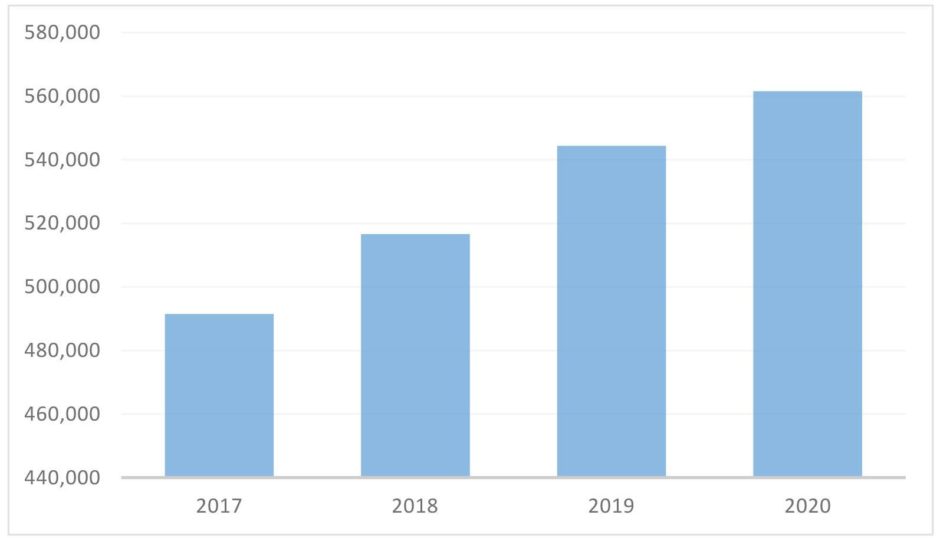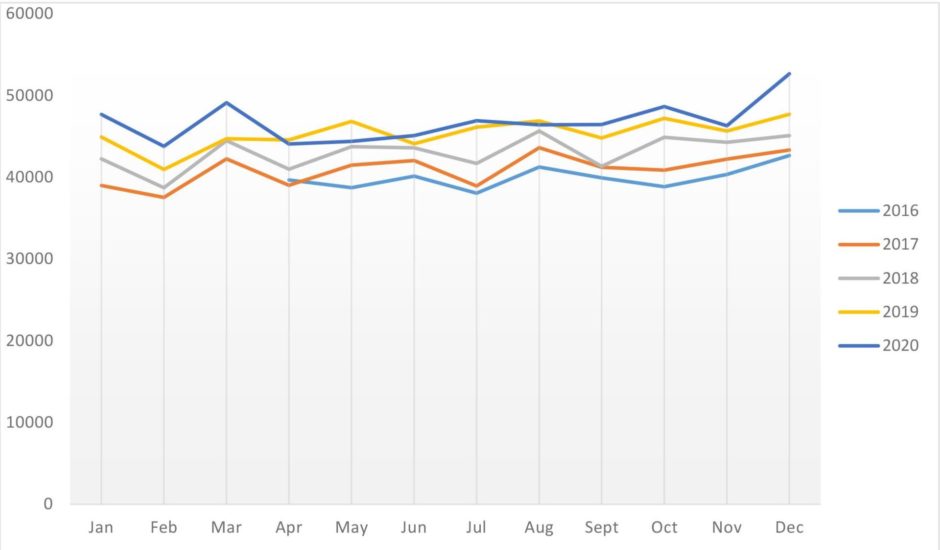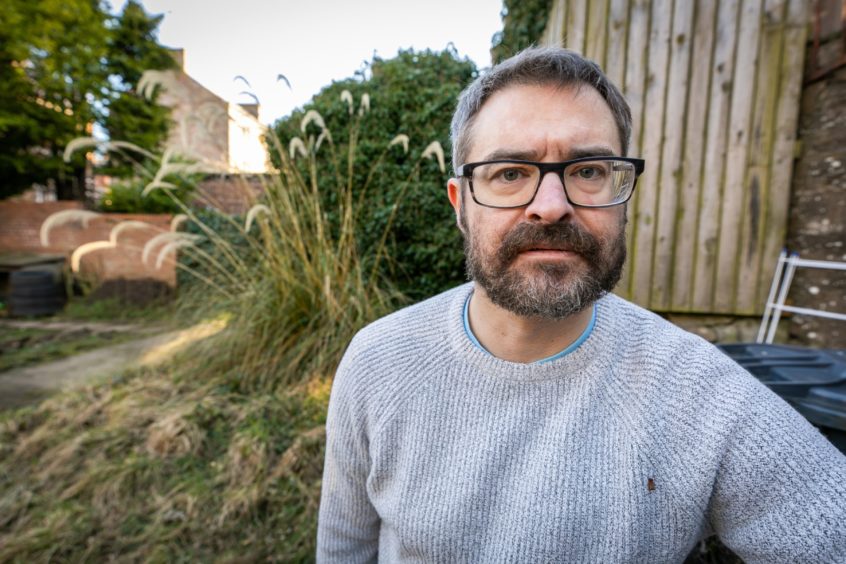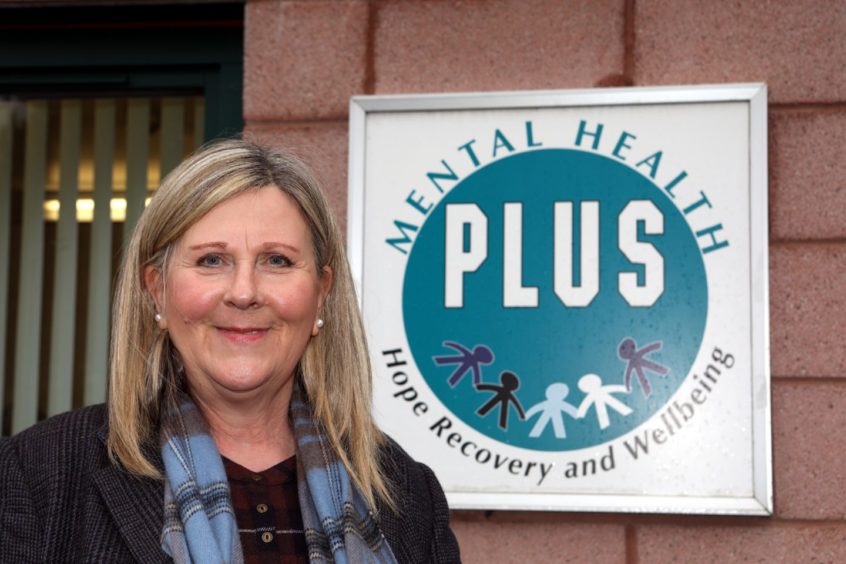Anti-depressant prescriptions have hit the highest level ever recorded in Tayside as a year of restrictions leaves many struggling to cope.
The total prescribed for all of 2020 has risen 3% year-on-year and in December — the most recent month available — 52,653 were written.
It amounts to a 10% rise compared to the same month in 2019 and is by far the highest number ever given in a single month.
Mental health stigma has reduced in recent years which means some of the increase could be down to more people reaching out for help.
However, research carried out over the past year has continually shown a spike in mental health problems since the first lockdown was announced in March 2020.
Second lockdown ‘tougher than the first’
Dundee man Kevin Macdonald, 42, is on medication for anxiety and depression and says his mood has often taken a turn for the worse during the pandemic.
Kevin, who has a four-month-old daughter, said there are likely thousands more like him who are finding the restrictions on life tough.
“I’ve found it incredibly difficult at times.
“It’s lockdown fatigue. This second one just feels like it has lasted for so long.
“It has certainly impacted my own mental health. I’m on the same dosage because I’m pretty much at the top there.
“I have good days and I have bad days. I just try to ride out the bad days right now.
“For me, lockdown is just so tough because we simply don’t have the option to do most of the things we all used to enjoy.”
He added: “One of the problems with anti-depressants is it can be quite hard to come off them.
“They might not be right for everyone.”
The rise in GPs prescribing anti-depressants in Tayside is a long-term trend.
It has increased by more than a third in the past decade. The average age of a patient prescribed them is 56.
Medication may not always be the answer
Susan Scott, of mental health charity PLUS Perth & Kinross, says being worried or sad at the moment may be more of a social problem than a medical one.
Ms Scott, who has suffered depression in the past, says the pandemic has hit the nation’s wellbeing hard but also believes doctors may be over-prescribing medication.
She said: “People need to be given full informed choice before commencing medication, which they are not.
“Even if you’re taking them, the problem they’re supposed to be addressing can often return or eventually get worse.
“External factors in your life can be a big part, if not the main part, of an eventual depression diagnosis.”
She added: “I think the external factor, the pandemic, is a significant part of why so many people are feeling depressed and anxious.
“I have serious concerns about this over-prescribing, and we are indeed medicating normal.
“This recent news of increasing pills without the real care is just another example of why people are let down.”
What is an anti-depressant?
They are mainly used to treat depression but are also used to treat issues such as anxiety or obsessive compulsive disorder (OCD).
The most common type, selective serotonin reuptake inhibitors (SSRIs), are widely used in the NHS.
Examples are citalopram and dapoxetine.
GPs are responsible for prescribing these on the NHS.
In total, 561,501 prescriptions were written for anti-depressants between January and December 2020, compared to 544,408 in 2019.
Chair Professor Helen Stokes-Lampard says they can be “very effective” drugs when used appropriately.
Anyone who needs support can get in touch with Samaritans Scotland online or by calling 116 123 free of charge.




